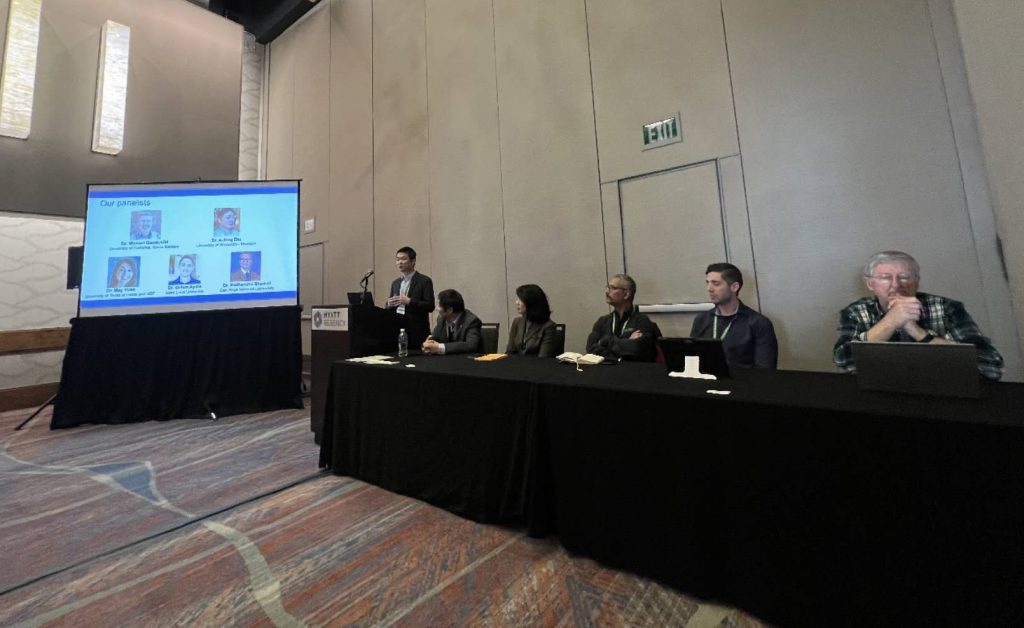The Annual Meeting of the American Association of Geographers (AAG) in 2023 marked a five-year milestone since the first Geospatial Artificial Intelligence (GeoAI) Symposium was held at AAG in 2018. In the past five years, progress has been made while open questions remain. In this context, we organized an AAG panel and invited five panelists to discuss the advances and limitations in GeoAI research. The panelists commended the successes, such as the development of spatially explicit models, the production of large-scale geographic datasets, and the use of GeoAI to address real-world problems. The panellists also shared their thoughts on limitations in current GeoAI research, which were considered as opportunities to engage theories in geography, enhance model explainability, quantify uncertainty, and improve model generalizability. This article summarizes the presentations from the panellists and also provides after-panel thoughts from the organizers. We hope that this article can make these thoughts more accessible to interested readers and help stimulate new ideas for future breakthroughs.
Full paper is available at: Hu, Y., Goodchild, M., Zhu, A.X., Yuan, M., Aydin, O., Bhaduri, B., Gao, S., Li, W., Lunga, D., & Newsam, S. (2024): A five-year milestone: reflections on advances and limitations in GeoAI research. Annals of GIS, in press.

Figure 1. The GeoAI panel at AAG 2023